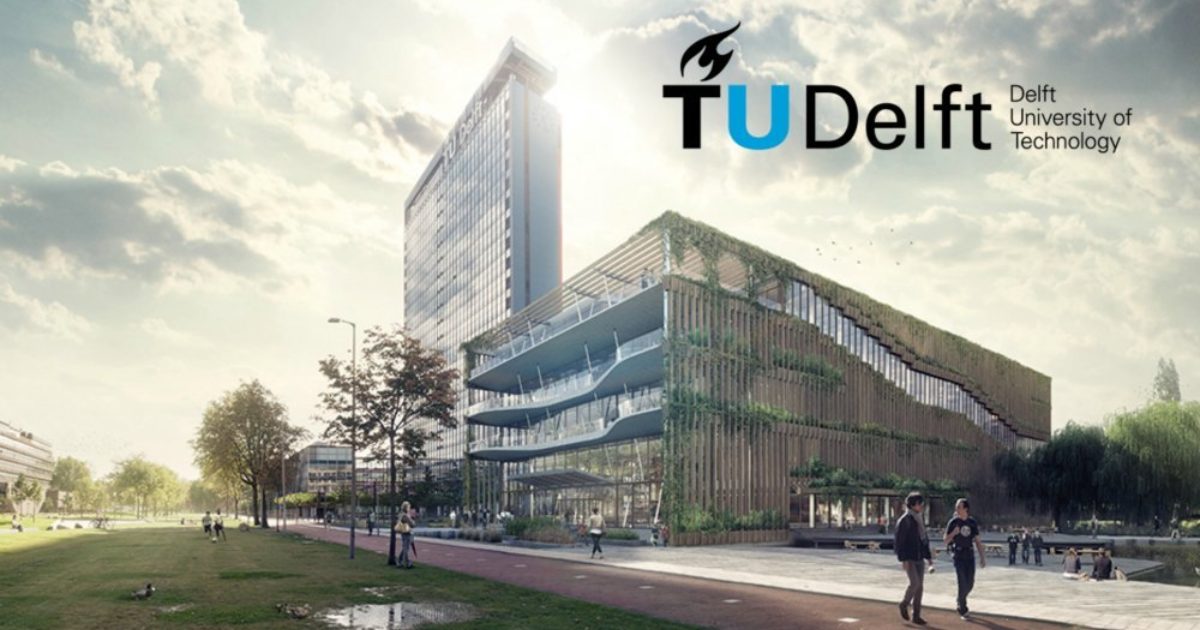TU Delft scientists win two NWA-ORC awards
Nineteen consortia receive funding to work on scientific and societal breakthroughs. Of these, two NWA-ORC awards go to TU Delft scientists. Active collaboration between different research disciplines, different knowledge institutions and with public sectors and industry are at the core of the projects. The projects have received funding in the fourth round of the Dutch Research Agenda programme Research along Routes by Consortia (NWA-ORC).
“It’s a cargo match!…” Attaining waste-free and effective freight transport systems by seamlessly matching demand and supply with inclusive, smart, and green-oriented booking platforms.
Principal applicant: Dr Jafar Rezaei, Technology, Policy and Management (TPM)
Public support for the externalities and expansion of the transport system is declining. Current approaches to transport optimisation, market structure, and chain governance do not lead sufficiently to the optimal use of available capacity in transport networks. The platform economy offers opportunities to better align supply and demand in transport networks, but also has risks if a platform provider itself becomes too dominant. In this project, we develop the generic functionality and preconditions for a digital matching platform for composing and booking services from multiple providers, and apply them to intermodal transport networks. The project contributes to reducing carbon emissions by promoting the development of a lean system based on the principles of waste reduction and economies of scale.
HybridLabs – Accelerating Dutch innovations in offshore renewables through data-driven hybrid labs.
Principal applicant: Dr Axelle Viré, Aerospace Engineering (AE)
HybridLabs accelerates the energy transition by developing renewable offshore technologies for electricity as well as hydrogen production. HybridLabs simultaneously strengthens the offshore food and environmental transition. HybridLabs leads to a strong position for the Dutch knowledge and innovation chain and also creates important commercialisation opportunities for floating wind energy along the Irish Atlantic coast. At the core of HybridLabs is a unique Dutch infrastructure of hybrid experimental facilities, simulators and offshore demonstration sites, which learn from each other using new data- and physics-driven approaches. Because of the hybrid infrastructure, technology development takes place faster and cheaper. Knowledge exploitation takes place towards industry, policymakers, NGOs and citizens.
NWA seeks connection with society
On behalf of the Ministry of Education, Culture and Science (OCW), NWO realises the research programme of the Dutch Research Agenda (NWA). The aim of the NWA is to utilise knowledge to make a positive, structural contribution to the society of tomorrow by building bridges today and working together to ensure scientific breakthroughs and societal impact. This is realised, for example, via an annual funding round for Research along Routes by Consortia (ORC).
In the NWA-ORC, interdisciplinary consortia work on the portfolio of the 25 NWA routes thereby bringing scientific breakthroughs and societal impact within reach. The NWA encourages productive interactions and team science. Both the entire breadth of knowledge chain and relevant societal partners should be represented in the research projects.

